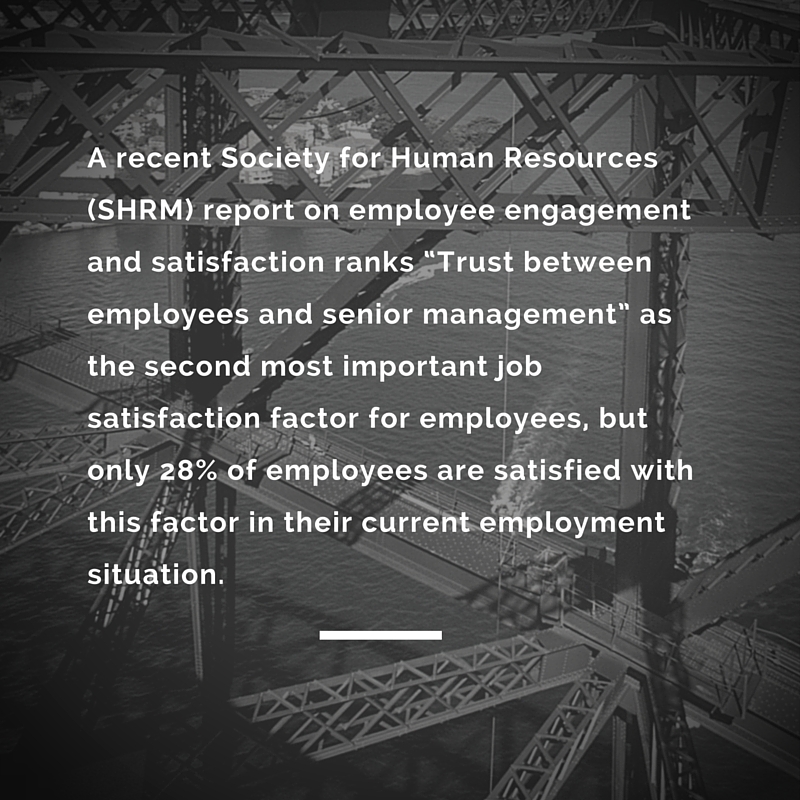
North Carolina Businesses Can Build Buzz and Gain a Strategic Advantage with Foreign Investments

Taking Action for Change in Charlotte: How One Local Chain Is Leading by Example
From Raleigh to Your Office: Change Your Perspective and Embrace the Platinum Rule to Achieve Success for Your Clients and Your Business

In recent years, Raleigh, North Carolina, has become a technology start-up powerhouse. Why are so many innovators drawn to this mid-sized city when they could be moving to recognized technology hubs like Silicon Valley or Austin? This shift is partially thanks to Derrik Minor. Minor, the Innovation and Entrepreneurship Manager for the City of Raleigh, has been one of the key players in achieving the city’s new status as a home for up-and-coming businesses and ideas.
Minor focuses on fostering community among local innovators. He puts himself in their shoes and tries to look at the city and its available resources from a ‘start-up’ point of view. As a result, he’s able to develop and deploy innovative solutions that attract even more firms to Raleigh.
Minor is a successful leader because he’s embraced the platinum rule. He is able to adopt the viewpoint of the people he serves, and he works to meet their needs even before they express them. This pro-entrepreneur client has innovators settling on Raleigh for their headquarters as a result.
Platinum Service Isn’t Just for Big Entities
You may not be trying to attract new businesses to your area but, if you’re a growth-minded leader, you are trying to attract new customers to your company. The same mindset and leadership style that helped the City of Raleigh attract new start-ups can also help you attract new customers.
As leaders, we often run our businesses from a single perspective—our own. We ask ourselves, “What do I need to grow? Where do I want to be in five years? What can I do to make my life easier?” These are all great questions, since they help you understand why you’re in business and what your goals are.
However, if your business goals include growth, these questions can be counterproductive. You don’t grow and improve by meeting your company’s needs. Your business thrives when you focus on meeting your customers’ needs. The most successful businesses, like Amazon, succeed because they manage to meet customer needs even before the customer knows what those needs are.
Concrete Solutions to Vague Needs
In Raleigh, Minor has succeeded because he can develop concrete solutions to the vague, barely-expressed needs of the start-up community.[1. Vinluan, Frank. “Newcomers Help Fuel Rise of Raleigh’s Startup Community.” Xconomy. 19 Nov. 2015. <http://www.xconomy.com/raleigh-durham/2015/11/19/newcomers-help-fuel-rise-of-raleighs-startup-community/>.] For instance, he realized that many young entrepreneurs were feeling isolated from their peers. He knew that building a community of innovators could help start-ups network, trade ideas, and learn from each other’s experiences. But how?
“Building a community” is a nebulous goal, but Minor has developed several concrete solutions. For instance, he’s constructed an interactive, online map of all of Raleigh’s start-ups.[2. Shrader, Brian. “Raleigh nuturing startup businesses.” WRAL. 27 Apr. 2015. <http://www.wral.com/raleigh-nuturing-startup-businesses/14608443/>.] This lets entrepreneurs see where their peers are and what they’re doing. It relieves feelings of loneliness and gives new entrepreneurs the information they need to make connections.
Minor has also encouraged the development of co-working spaces throughout the city. The largest of the new spaces, called Industrious, provides the employees of various start-ups with flexible office spaces, access to printers and meeting rooms, and even free breakfasts where they can meet with peers from other companies and work together to solve problems. [3. Laurel, Anna. “The New Charter Square High Rise Building is Open for Business and we are Taking you Inside for the First Time to a New Shared Work Space ‘Industrious.'” ABC 11. 07 Dec. 2015. <http://abc11.com/business/charter-square-is-open-for-business/1113357/>.] These spaces and opportunities help existing start-ups thrive and attract new start-ups to the area.
You can also develop concrete solutions to the needs of your clients—even the ones that are hard to pin down. The key is to see your business and the services it provides from their point of view. Instead of focusing on self-centered questions, ask yourself client-centered questions like:
- When do my clients need my services the most?
- What other services can I offer at the same time to make their lives easier?
- How often do my clients want updates and information?
- What can I do to start my clients’ days off on a positive note?
- What do other people in my client’s industry have that my client lacks?
- Which of my employees have talents that could let me offer more to my clients?
As you shift your focus from your company’s needs to meeting your client’s needs, you’ll use your corporate strengths more effectively. You’ll also identify your company’s weaknesses and come up with concrete ways to solve them.
Small Ideas Become Big Growth
For instance, I used to work in a used book store. The store had begun as a single-outlet entity dedicated to serving a niche community. However, as time passed, it gained a national reputation as a place to find excellent books. Other used bookstores started patronizing it to stock their own collections. Frequently, these other store owners would express a desire for multiples of a book. Of course, at the time (before the internet), finding extra copies was usually a matter of luck.
This vague desire for multiple copies sparked an idea. The bookstore began to rent warehouse space to store multiples. They started acquiring hurts (slightly damaged books) and remainders (discontinued books) from academic publishers. They developed a wholesale business to meet the needs of their Business to Business (B2B) clients, and they thrived.
They weren’t the first store to have customers who wished for multiple copies, or to develop a national reputation. However, the owner was the first leader in the industry to look beyond his immediate needs and decide to meet the needs of his customers with a concrete solution. His business grew and he thrived, even after the advent of Amazon, because he worked to give his customers what they wanted.
Your Platinum Future
The business climate has been difficult for a long time, but companies with customer-centric leadership have succeeded even in tough times. Like my friend the bookstore owner and like the City of Raleigh, you can succeed and grow if you take a customer-eye view of your business, your services, and your long-term plans. Start today, in your next client interaction. Ditch the “What do I want to get out of this interaction” mindset and instead ask yourself, “What can I do to give this client what he needs?”
If you want learn more about how you can set your business on the path to success with solid strategic planning or how to improve your leadership skills, Applied Vision Works can help. Contact us today to get started.




